Empire has always been part of the American tradition. We are a sequel state to the greatest empire in world history. Our period of colonial tutelage under that empire taught the lessons of legitimate territorial expansion against French and Spanish rivals. Our continental aggrandizement after independence was necessary. Later overseas expansion, including periods of imperial apprenticeship in places such as Liberia, the Philippines and Panama, was further evidence of our colonial métier. Like it or not, imperialism and colonialism are congenital to the American experiment. This has been the case since 1779, when the Continental Congress branded a proposal to limit westward expansion an “intolerable despotism.” Since then, our imperial project has experienced constant cycles of confidence and self-doubt. Fair-weather friends – such as Niall Ferguson and Max Boot – scamper for the exit when times are tough. But history shows the need to stay the course. Making America great again will require the United States to take up its old vocation.
The Trump administration inherits two of the most critical imperial roles that we currently undertake: the defense of Taiwan and the defense of Israel, two countries that are, properly speaking, imperial dependents: without American support they would not exist. So far, the US has borne those responsibilities admirably. But the past six months have shown that a more avowedly imperial policy represents the best means of advancing the national interest. Donald Trump’s highlighting of the misgovernance of Greenland and the Panama Canal region has been energizing through its cold-blooded pragmatism. The US has had interests in these jurisdictions for decades, but it was only the credible threat of imperial annexation that could extract the concessions made by Panama and the Danish Crown.
Similarly, the revival of the very old idea of a North American union with Canada has been a jolt in the arm to our listless northern neighbor. It has elected a conservative in all but name as prime minister, is boosting defense spending to bear its fair share of the NATO burden, and is reinforcing the porous border that it long ignored. Mass immigration is being checked and fiscal balance taken seriously. We could not suffer our northern border becoming some semi-failed European welfare state with colorful socks, and it was only our threat to revise the verdict of 1812 that has forestalled this.
Still outstanding on the overseas front is how to reconstruct Gaza into a stable and humane enclave which has been fumigated of terrorists. Trump (and Israel) recognize that there is no going back to Palestinian self-governance. Much as 60,000 Lebanese demanded a restoration of French rule after a port explosion leveled Beirut in 2020, there is a case for a restored western mandate in Gaza led by the US. Making America great again requires the US to take up these new loads of the “enlightened man’s burden” (which is apparently what Rudyard Kipling meant when he spoke of “the white man’s burden”) lest we fail in our historic mission as provider of ordered rule to places of strategic significance. The US military has been quietly building up its ranks and training civil affairs officers since being caught with its domestic governance pants down in Iraq and Afghanistan. The sooner the Trump administration initiates the project, the better. Lessons learned from the successful colonial occupation of Iraq and the failed one in Afghanistan can be applied. In time, a self-governing enclave could emerge.
The other outstanding overseas imperial calling is in Yemen. The country has been a failed state since the British fled from their shrinking perimeter in Aden in 1967. The United Arab Emirates set up a de facto colonial regime in Aden in 2017, the Southern Transitional Council. It is now part of a larger, Saudi-orchestrated governing body for the non-Houthi areas of Yemen, the Presidential Leadership Council. Both are supported by the UN as well as the EU. Now that Iran’s ability to support the chaos in the rest of the country has been weakened, there is an opportunity for the US to form a governing coalition for the country as a whole with Abraham Accords partners. This would secure the maritime route through the Suez Canal and bring further security to both Saudi Arabia and Israel. That would be an imperial mission to applaud.
Finally, there is the pressing question of restoring American rule in the US itself. The US-Mexico border that was delineated in 1848 never acted as a barrier to illegal immigration. Since then, tens of millions of people from around the world have used the southern border to colonize themselves as US subjects. But colonialism must be in the gift of the colonizer, not the colonized. Aside from a stronger border and an end to birthright citizenship, our growing imperial capacities must play a role here. The imperial waystation in South Sudan that the Supreme Court declared legal in early July, as well as our use of El Salvador for the same purpose, are examples of how our imperial network abroad can be used to protect our imperial gains at home.
A more robust defense of our imperial story is also the best way to fight the “decolonizing” impulse at home. The great decolonizer Barack Obama represented a break with the long tradition of black patriotism since the American founding. The “return to Africa” neo-segregation of black communities that this encouraged could only be a farce since black people have no actual interest in decolonizing themselves from white communities.
More serious was Obama’s encouragement of Native American separation and its entailed obliteration of American imperial history on the continent. Under the Obama and then Biden administrations, the entire Department of the Interior gave itself over to “decolonizing” American land management in favor of “Native American” groups. What is required now is to develop a robust legal strategy to combat this steady erosion of the republic.
The US became an empire because most actual Indians, as with most California and Texas Mexicans, most Spanish Floridians and, later, most Filipinos and South Vietnamese and South Koreans, preferred American rule to the available “indigenous” alternatives. The Taiwanese prefer US suzerainty to rule by China and Israel certainly prefers it to erasure. The American experiment has been an imperial one from the very first; the sooner we affirm this – at home as well as abroad – the better.



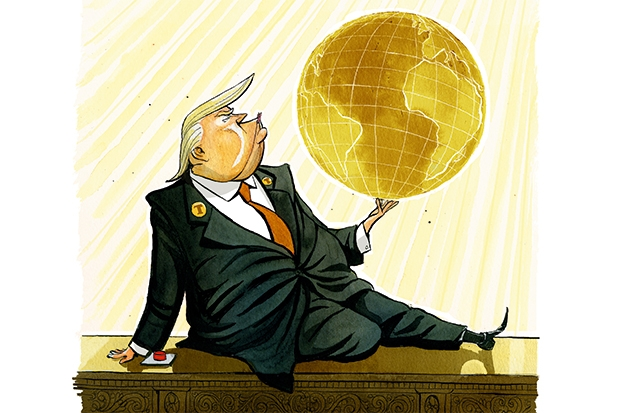







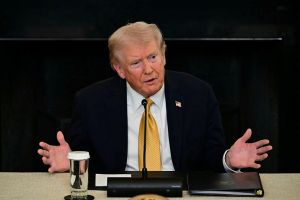

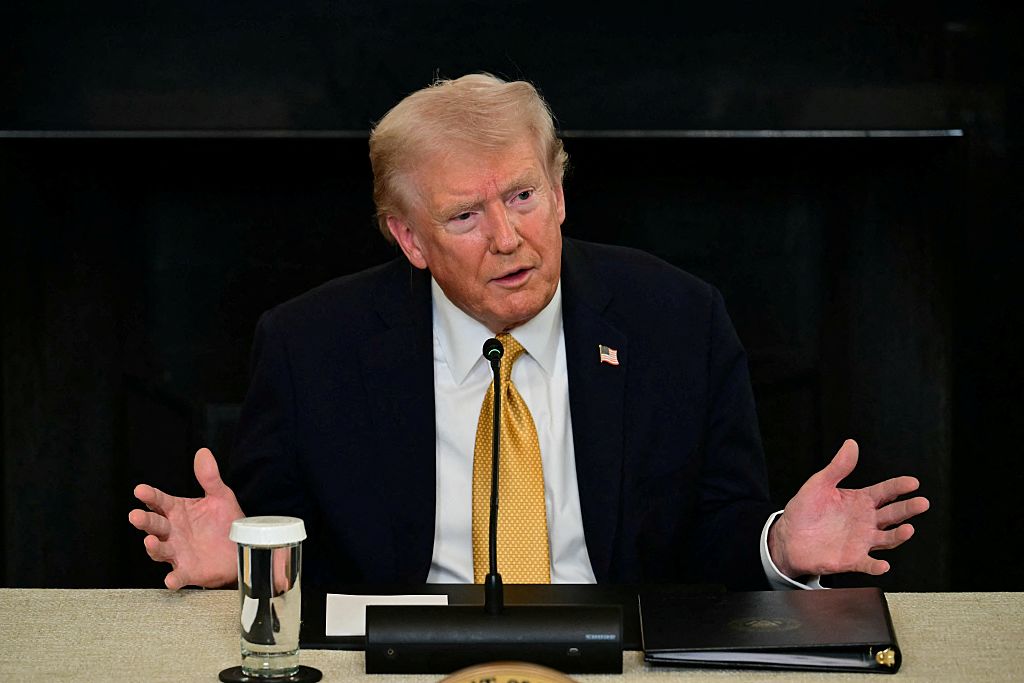
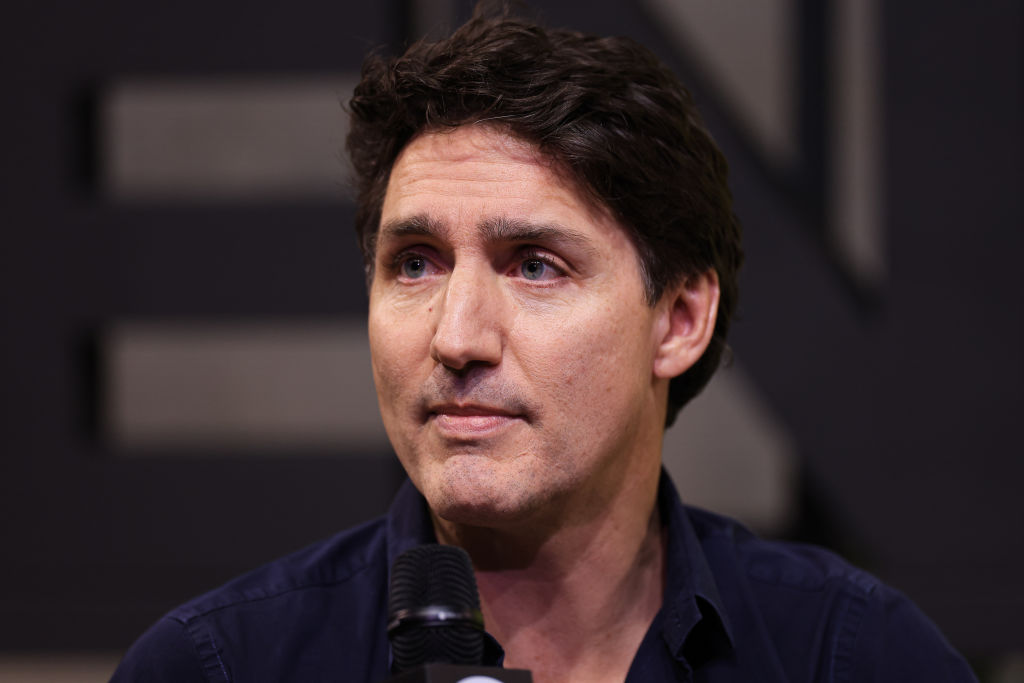

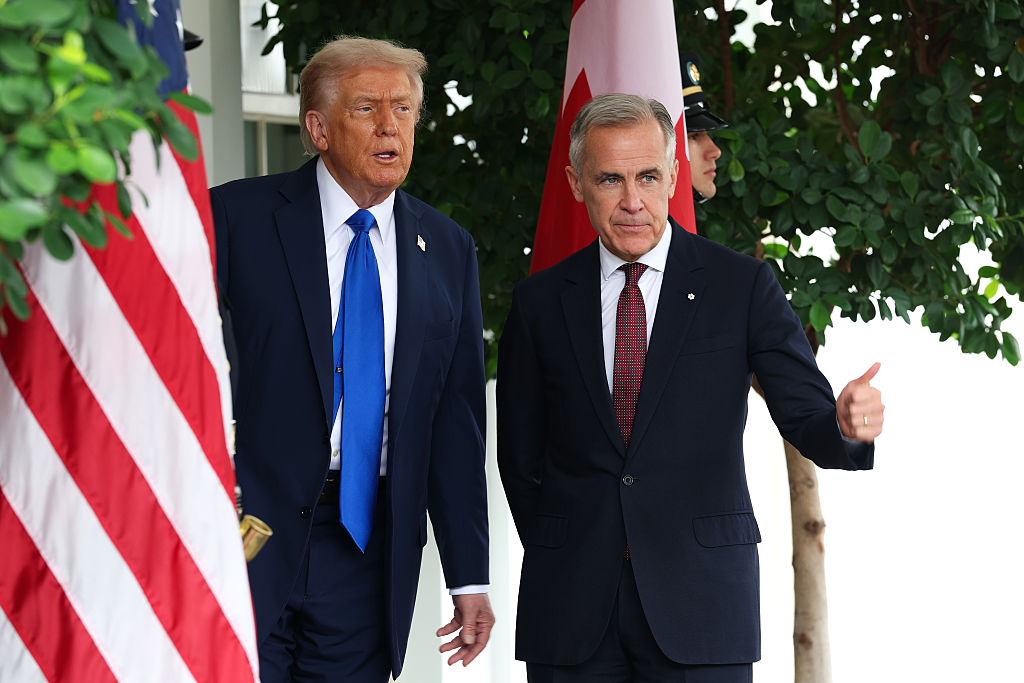









Leave a Reply